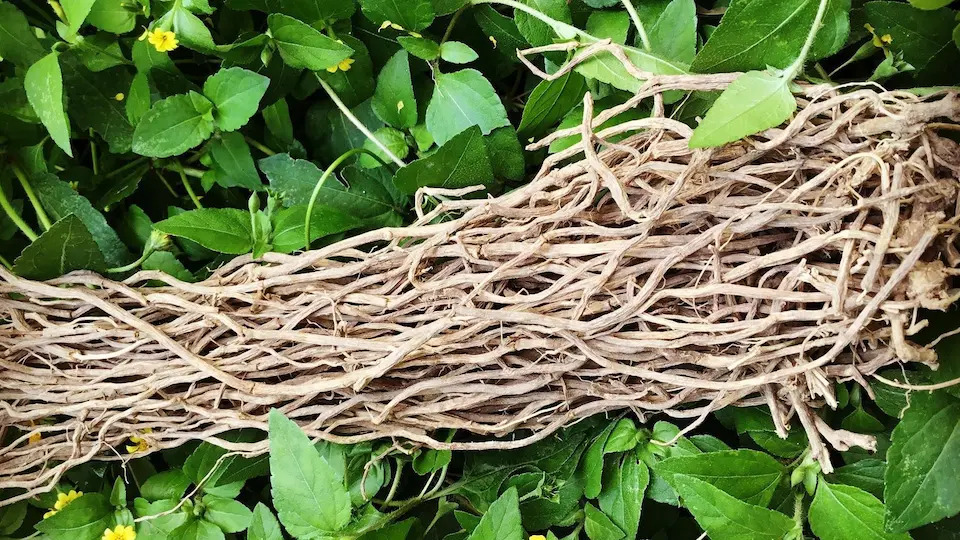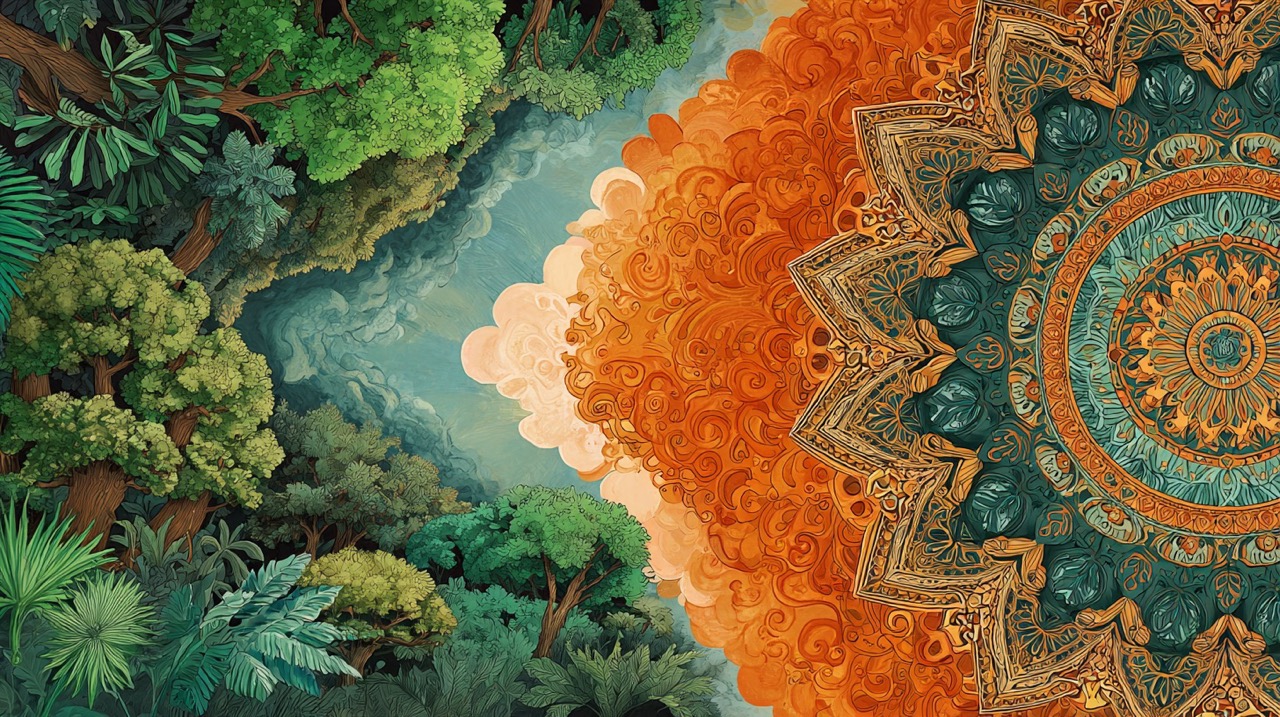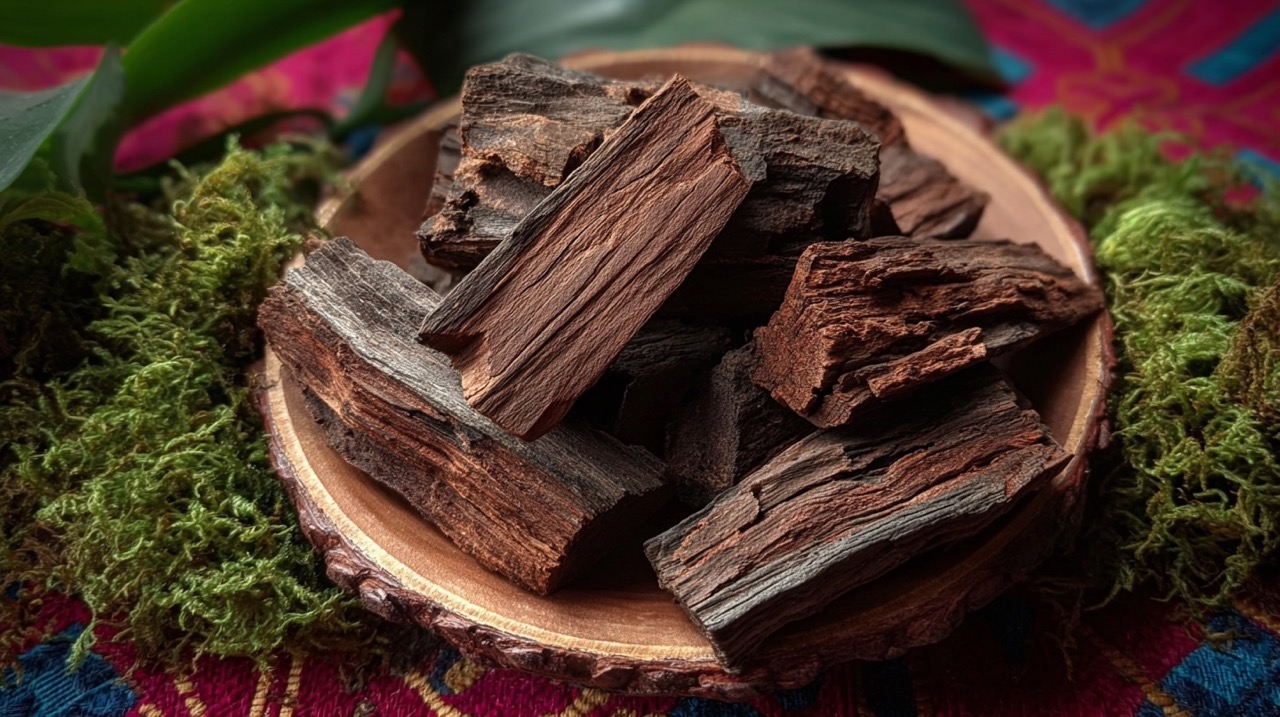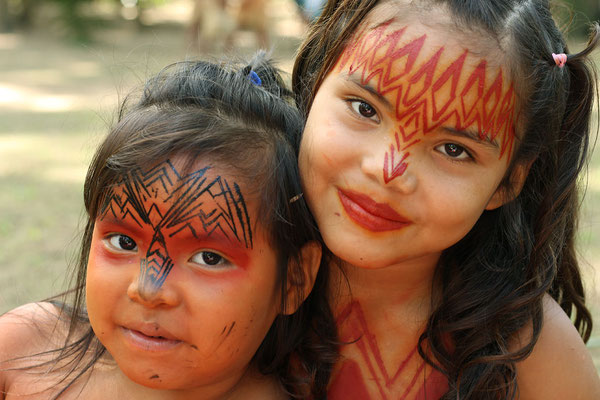
The Yawanawa Tribe
Since time immemorial Yawanawa people have lived in harmony with nature on the banks of the Gregorio river in the Amazonian region that concentrates the greatest biodiversity on the planet. In this rich habitat, their ancestors developed a vast knowledge of the healing plants of the forest and a worldview of great spiritual wisdom.

Their contact with western man happened a little more than a hundred years ago, very violently, initially with enslavement by the rubber barons and later by foreign protestant missionaries that forbid indigenous culture and spirituality. At the end of the last century, the Yawanawa regained the rights to their lands, drove away the missionaries and since then have been leading a process of cultural and spiritual revival that has crossed national boundaries and today fascinates the world.
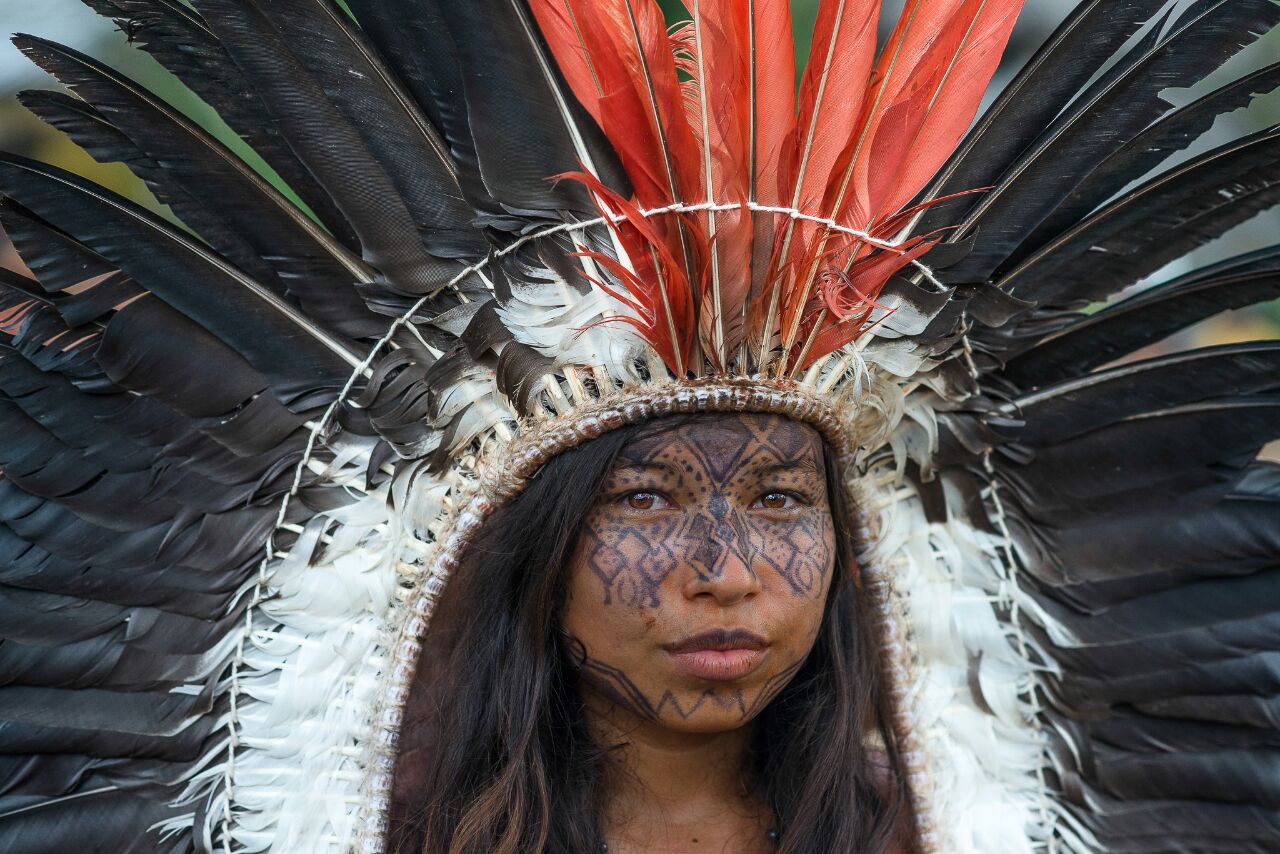
The Yawanawá (Laminaua, Jaminawa, Yaminawá) are an indigenous people of about 1,300 people, living in small towns along the Gregorio River: Their homeland Acre (Brazil), and also in Madre de Dios (Peru) and Bolivia.
The Yaminawá language belongs to the Panoan language family. Linguists estimate that fewer than 1600 people speak the language. Very few Yawanawá speak Spanish or Portuguese, and their literacy rate is extremely low.
Yawanawa was the first tribe that initiated a woman to become a shaman, constituting a huge illustration in the history of sorcerers. In their language, Rapé is called Rume. Yawanawa will fall in love with mixing Rume with Tsunu ash and mapacho, which is giving this special mixture of an extremely sophisticated palate. In addition, Tsunu is used more closely for healing and has support during the Ayahuasca ceremony.
In the Pano language, ‘yawa’ means ‘white-mouthed peccary’ (an animal similar to a boar) and ‘nava’ means ‘man’. This tribe recognizes the peccary as its symbol because, like them, they are a family that has lived close together since time immemorial. Currently, they have about 1,300 people and inhabit the area along the Gregorio River. They share this territory with the Katungina tribe. The members of the two tribes are largely mixed through marriage arrangements. They are the first tribe in which a woman became a shaman (in 2006).
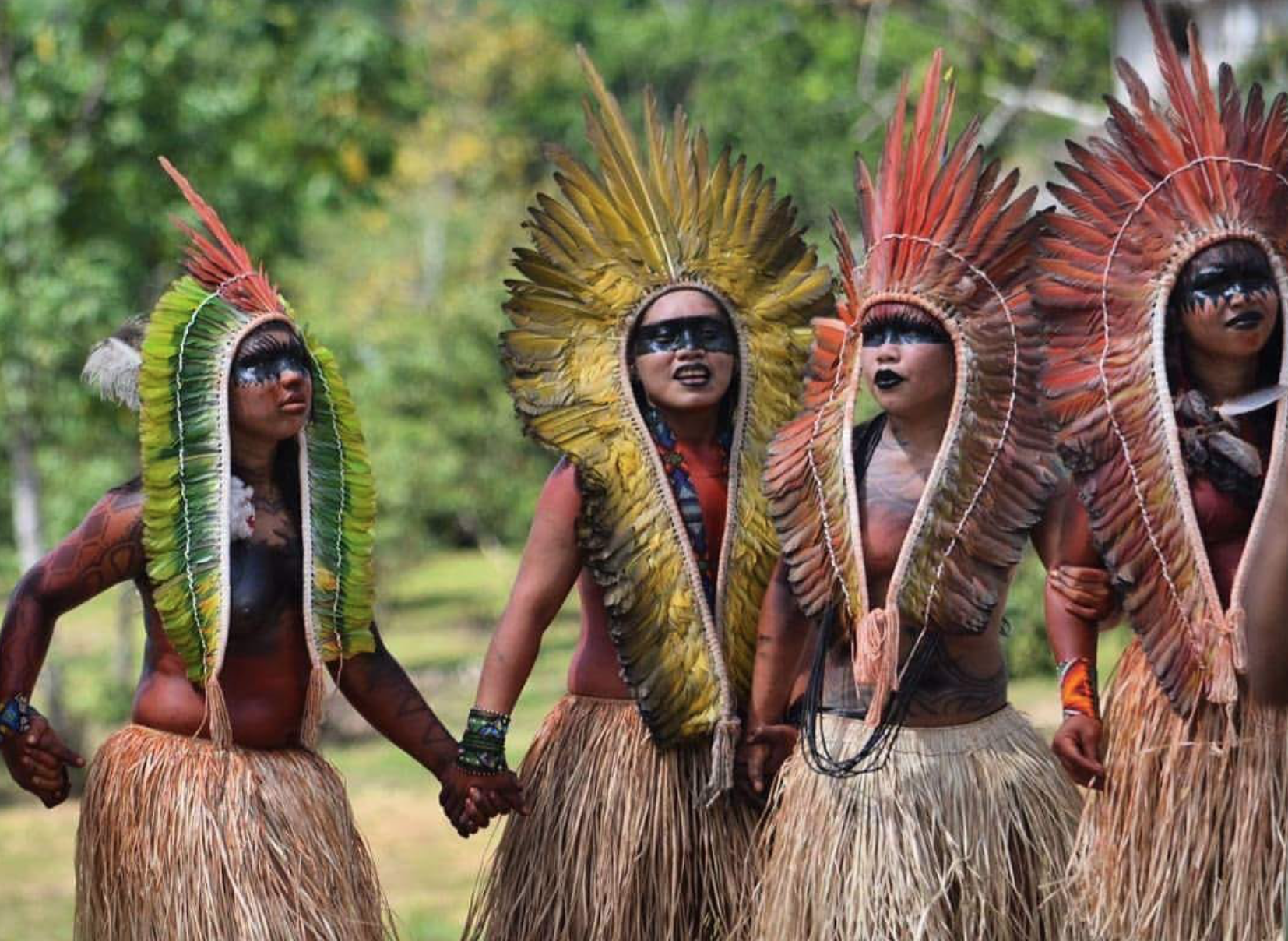
The Yawanawa believe in the power of Rapé, called Rume in their language. Legend has it that Rapé came to them after the death of the first shaman – after the funeral, unusual plants grew on his grave, and the wisest man in the village decided that they should be dried and pulverized. Later, they were consumed in various ways and found to have healing properties. This is how Rapé medicine was born.
May the Yawanawa tribe prosper and have support from all over the world.
Haux, Haux!
This product is an insence and not ment for ingestion. We don't claim that this product has any healing properties. This natural product is offered for its ethnographic and historical value and is supplied without express or implied fitness for a particular purpose. All information provided is for educational, scientific, ethnographic and historical research purposes only. All products are sold as botanical samples only with no express or implied claims for a specific purpose or use. The use and use of this product is at the discretion, responsibility and risk of the customer.
Chilcuague - Aztec Gold Root
Chilcuague, also known as Heliopsis longipes or "Aztec Gold Root," is a medicinal plant native to central Mexico, particularly the Sierra Gorda region. Its root has been traditionally used for its ...
Rapé and the Sacral Chakra: Unlocking Creativity, Sensuality & Life Energy
Rapé (also spelled hapé) is a sacred Amazonian medicine that has been used by indigenous tribes for centuries. In the West, it is becoming increasingly appreciated not just as a ritual plant, but a...
Discover Your Life Path Number and Glimpse into Your Destiny
The essence of your life can be understood by calculating a single number – your Life Path Number. This number is linked with other numerological cycles of your life and everything that should be c...
Chuchuhuasi - Amazonian tea from Peru
Perhaps nowhere on Earth contains such a concentrated wealth of natural healing resources. It's truly a paradise for shamans, herbalists, and traditional healers. Yes, we're talking about the Amazo...

